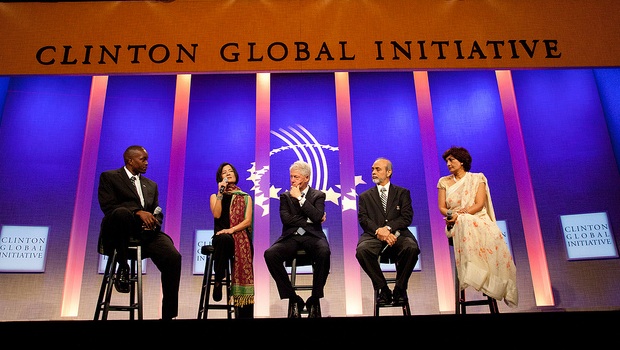We lock our doors and activate security systems to keep intruders out. We place parental controls on TV channels to manage what our children watch. We keep our kids out of R-rated movies until we feel it’s appropriate. We monitor the violence of their videos games. All of this to keep them shielded from explicit content. Except this time, the violence was very real and readily available on social media.
The recent shootings in Virginia created an unprecedented situation for parents. The incident was caught on camera during a live broadcast of a television newscast, producing a graphic video of the shooting, violence that wasn’t in a video game or TV show but a real murder. That clip, along with video of shocked expressions during the newscast, circulated the Internet available for children to stumble upon. The shooter also recorded the murder from his phone and uploaded it onto social media, making the video widely available. And people viewed it and shared it.
This also raises larger questions: How many people viewed these videos online? Should we have sought out and viewed these videos? Is there a social responsibility to take ownership of our online behaviour? Is our own behaviour demonstrating to our kids how to responsibly use the internet?
The children we try so hard to protect could have seen these videos online. Children’s introduction to the Internet often happens before they’re educated in online safety skills. An AVG Technologies survey found 66 percent of children ages three to five stated that they can play a computer game, but only 14 percent can tie their own shoes.
Much of the online crises that can occur to youth today—from teen sexting to identity theft to cyberbullying—can be mostly avoided if they understand the consequences of their actions. According to the same survey from AVG, nearly one in three teenagers said they regret posting something online and 32 percent have had to ask someone to remove content posted online about them.
When technological development outpaces society’s sense of responsibility and understanding of that technology, it can create unintended consequences in our lives and in the lives of our children. The answer is not only to encourage a society-wide attitude of responsibility for our impact as digital citizens, but also to empower the leadership of organizations to work together and create new solutions that allow innovation to continue while taking responsibility for our own digital lives.
For more information about the Smart User Initiative, go to www.smartuser.com.
![]()
![]()
